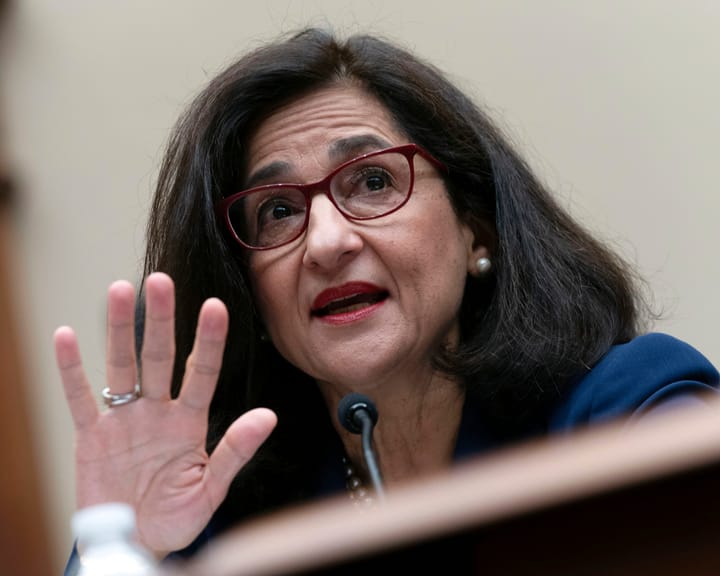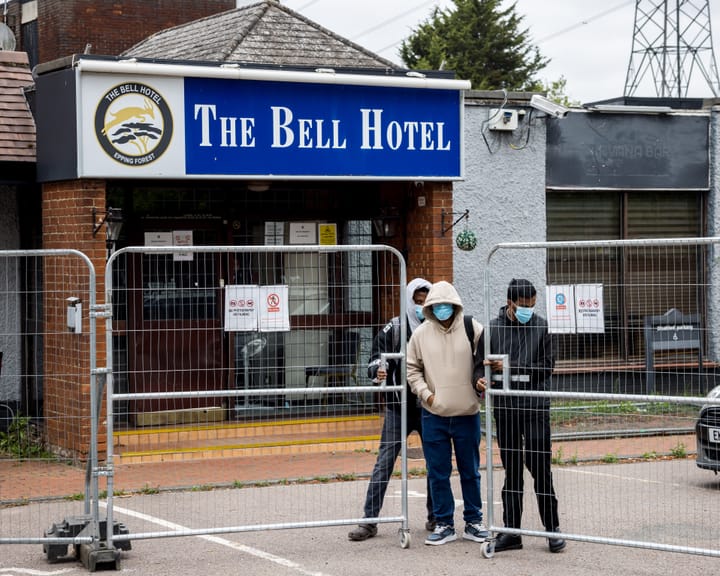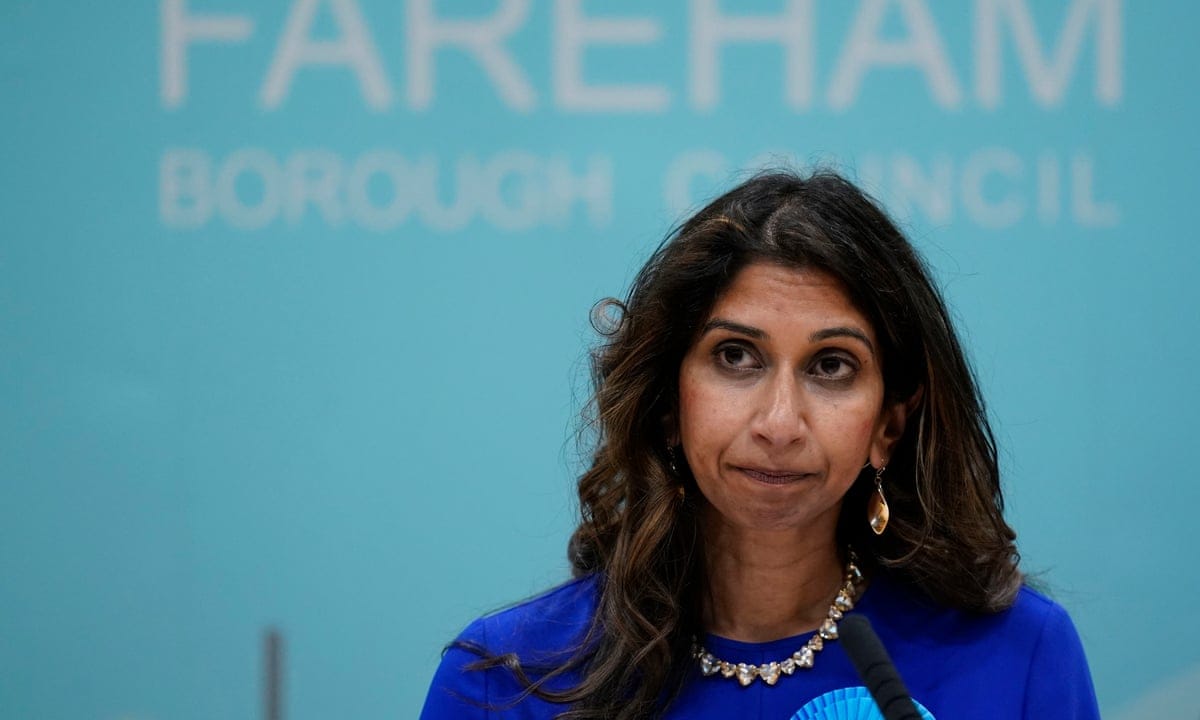Conservatives' potential party leaders face dwindling support amidst southern England MPs urging colleagues against right-wing leanings.
MPs now consider Robert Jenrick, Priti Patel, and Kemi Badenoch as more plausible candidates due to their stance on a partnership with Reform leader Nigel Farage.
A Conservative party board meeting is set for Monday to plan a leadership contest replacing Rishi Sunak following the Tories' election defeat.
Some senior members have suggested a longer leadership race, but no decision regarding the timeline will be made until the 1922 Committee of remaining Tory MPs meets.
Rishi Sunak has been reaching out to former Conservative MPs who lost their seats since the election, engaging in personal conversations lasting over ten minutes.
Suella Braverman, Robert Jenrick, and Victoria Atkins are among potential candidates discussed after the recent general elections.
Candidate strategists are reviewing the records of 121 MPs to analyze their support. "It's not a Faragist party," one strategist commented.
A former Tory MP expressed concerns about Oxfordshire, stating that incompetence led to losing seats, rather than similarities with Nigel Farage.
Former Justice Secretary Robert Buckland warned against letting Reform influence the Conservatives and described Farage as a threat to national values.
Suella Braverman's campaign is facing challenges, while some Tories believe her chances are diminishing due to potential support for Jenrick or Badenoch.
Candidates like Jenrick, Patel, Badenoch, and Tom Tugendhat have been engaging in discussions with colleagues and seeking support before declaring their intentions.
The party is deliberating on whether a new leader should be elected by the time of the Conservative Party Conference or at least by the autumn budget.
Robert Jenrick emphasized delivering immigration policies, taxation levels, NHS services, and border security as crucial to regaining public support for the party.
Victoria Atkins highlighted Labour's weakness in growth promises while expressing confidence that Conservatives can reclaim their position quickly.
Suella Braverman advocates for changes like abandoning the ECHR and Human Rights Act, attributing the party's election loss to failures during their tenure in office.
The 1922 Committee meeting will be chaired by Geoffrey Clifton-Brown after Sir Graham Brady did not stand in the recent elections. Several former MPs who expressed interest in replacing him are now without seats, leaving the contest for that position open to all candidates.
Internal warnings have been issued against potential exclusion of members from leadership contests as rumors suggest such actions may drive Tory supporters towards Reform.
Read next

"Starmer appoints ex-Bank deputy governor as top economic advisor"
Minouche Shafik to Become Keir Starmer’s Chief Economic Adviser
Former Bank of England deputy governor Minouche Shafik is expected to join Keir Starmer’s team as his chief economic adviser.
Her appointment comes as the prime minister’s office prepares for the autumn budget, following Shafik’s recent leadership

"Home Office wins appeal allowing asylum seekers to stay at Epping hotel"
The appeals court has determined that the injunction issued by the high court should not have been approved.
Those involved acknowledge they have become part of a broader discussion about how asylum seekers are managed and urge the public to recognize that the Bell hotel was only fulfilling a government-mandated

"Scottish Greens' new leaders push for universal income and free bus fares"
Scottish Greens' new leaders, Ross Greer and Gillian Mackay, have pledged to advocate for a universal income, free bus travel, and increased taxes on high earners following a subdued leadership race.
Greer and Mackay, previously backbench MSPs at Holyrood, were elected co-conveners of the Scottish Greens with a notably

